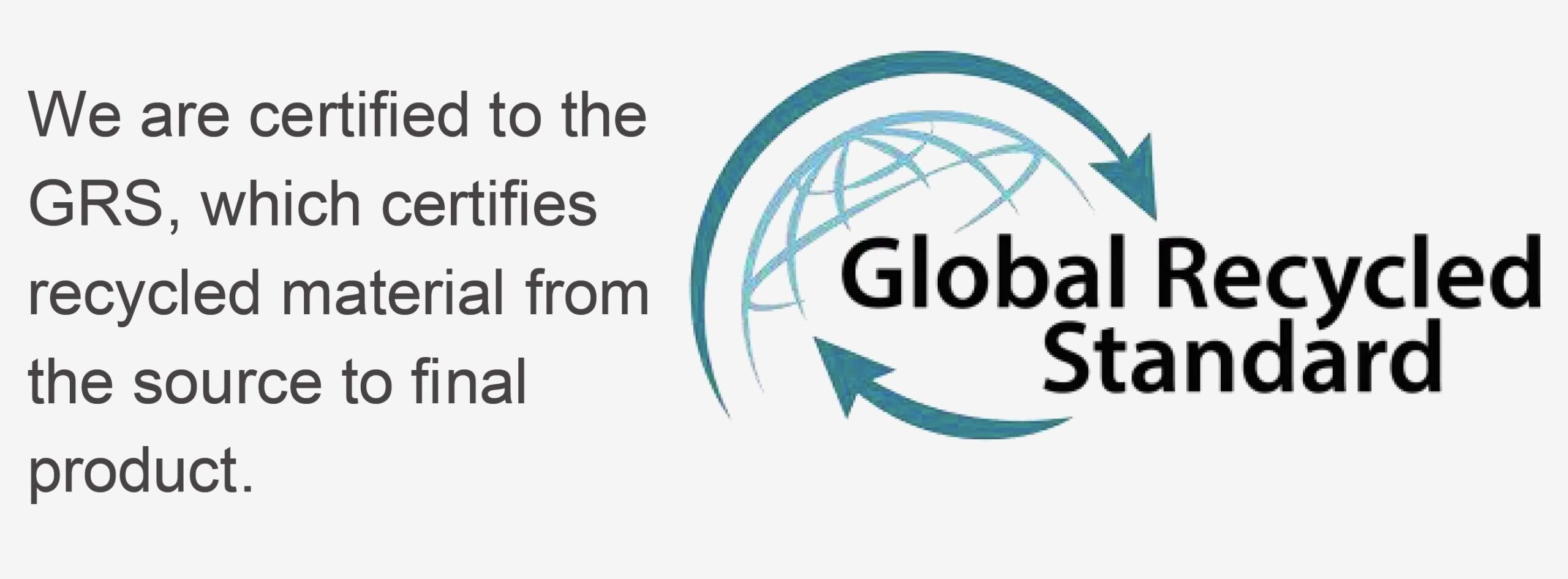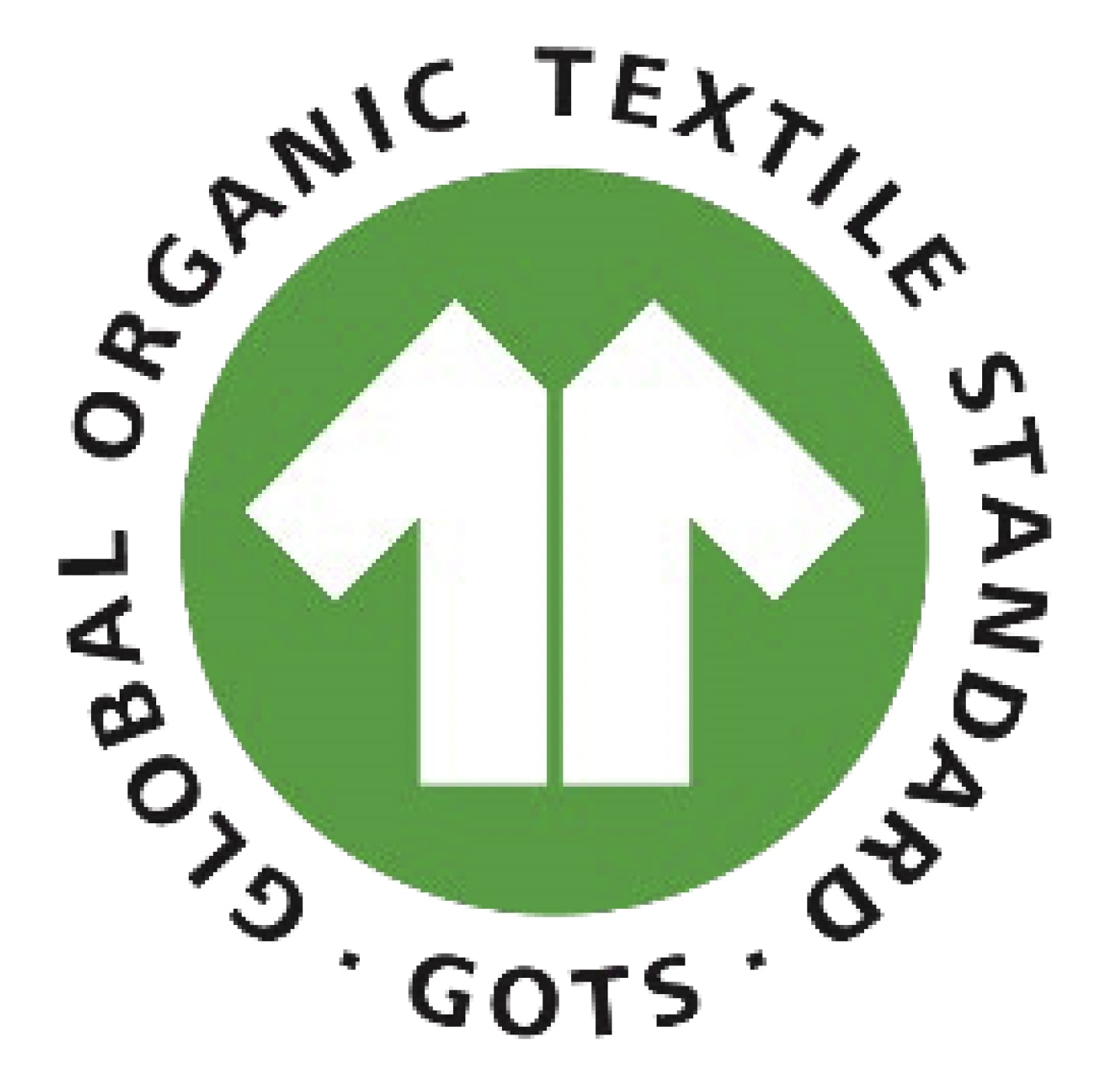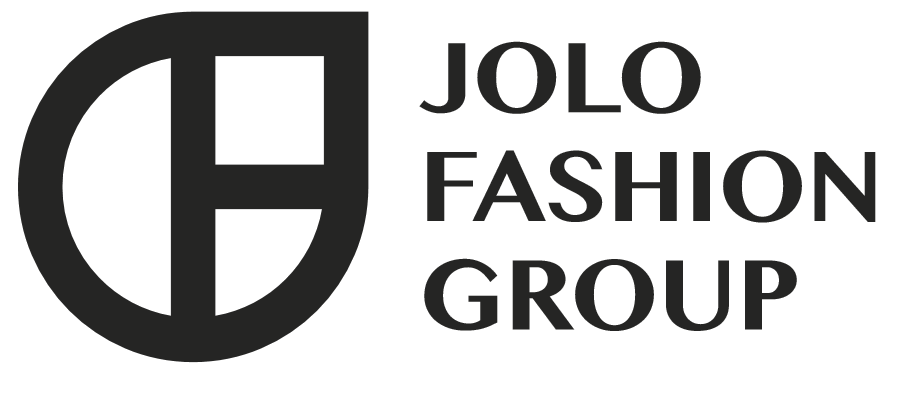Focused improvements. Steadier sustainability.
As a fashion group with multiple fashion brands, Jolo has been working hard to implement sustainability aspects in our garments. Each Jolo brand has their own sustainability efforts that fit within the brand DNA. Please visit the brand websites for information about specific brands.
We are working for the future of children today. JFG challenges itself to be a front runner to find solutions for circular design and fashion. Together with several supply chain partners in the fashion industry we have been researching ways to implement circularity within our core being. Through this research our newest fully circular brand See You Again!
See You Again
See You Again is a 100% circular clothing label for kids designed in the Netherlands. Their jeans are transformed through redesign, refit, and repair into unique, next-level pieces, made to be worn with joy. Together with relaxed sweaters and T-shirts made from fully recycled yarns, ethically and carefully produced in Turkey, they form a sustainable collection with character.

Recognized certifications

GRS
In the summer of 2025, we also received our Global Recycled Standard (GRS) certification. GRS is the standard for recycled materials. It verifies the percentage of recycled content, traceability (chain-of-custody), and sets requirements for social, environmental, and chemical compliance.

GOTS
Since 2022 we are GOTS certified. Global Organic Textile Standard (GOTS) is the international standard for organic textiles. It guarantees the use of organic fibers, strict environmental and social criteria, and controlled chemical management.

Amfori BSCI
We are also members of Amfori BSCI. Trough amfori BSCI audits, we help our suppliers to be compliant with social standards. Instead of delivering a pass or fail verdict to suppliers, amfori BSCI collaborates with our members to foster improvement and their responsible business practices.

Circular design & responsible materials
Responsible design starts during the design process. Our designers pour their hearts and soul into creating collections. They have the challenge to design, source and produce garments which can withstand different lifecycles. Which means that even after a garment is disposed, it is still usable and is not harmful for the environment.
Material wise we follow these main standards:
- Certified materials (GOTS, GRS, Lenzing)
- No animal-based materials for our children’s brands, such as fur, down, angora, wool
- No use of materials treated with restricted substances
- All the outershells and padding of our polyester jackets are made from 100% post- consumer recycled polyester.
- Polybags are made from recycled materials
- Cardboard boxes are both FSC approved and RESY certified.
Supplier management
It is important to us to have long standing relationships with our suppliers. This makes it easier to have mutual understanding and move forward steadily.
When assessing suppliers, we urge them to either be BSCI certified or apply for certification. This ensures that basic social and labour rights standards are being met. However, when we partner with suppliers who are not certified, they are required to complete a Jolo Fashion Group self-assessment questionnaire. This form is comprehensive and evaluates the supplier’s performance in areas such as ethical labour practices, working conditions, chemical management, environmental impact, and working hours. Once submitted, these assessments are reviewed internally, and Corrective Action Plans (CAPs) are developed for any areas that require improvement.
To establish and streamline our internal measurement and guides, we have formulated a few documents, which are referenced as the “supplier Package”. This package includes the following documents:
- The Way We Work
- Code of Conduct
- Restricted Substances List
Digital product passport (DPP)
Digital product passport: To offer our customers more information about their product, all our garments contain a QR code. By scanning this QR code you can view the brand & product information and item journey. It gives insight into where the garment is produced and how to take care of it in the best way. Click here to view an example of the Digital Product Passport from our brand SuperRebel.
